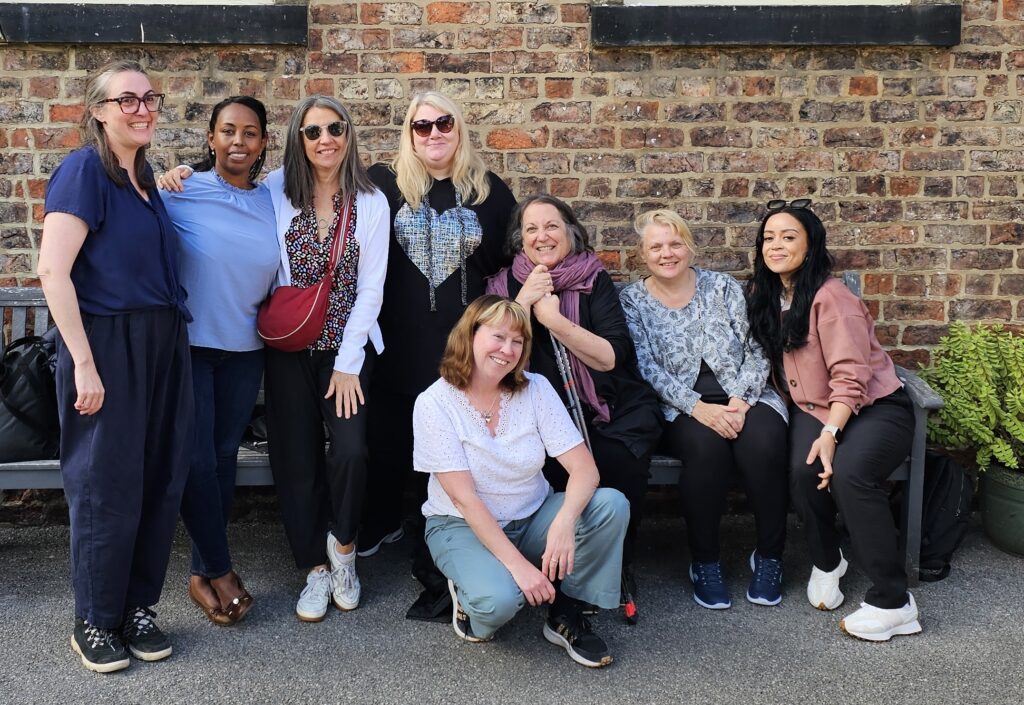Contact’s guidance on parent carer forums and campaigning is currently being updated. In the meantime, we wanted to provide parent carer forums with some information to help you respond to campaigning, lobbying, and protest activity in line with the role of a forum and the Department for Education (DfE) grant requirements.
As you know, parent carer forums exist to develop parent carer participation in their area, striving for co-production. The DfE grant cannot be used for campaigning or lobbying purposes.
Here’s what you can do, and what to avoid, when responding to campaigning, protesting, or lobbying activity.
What you can do:
- You can share and/or acknowledge local and national protest or campaigns, as long as you are clear these are not on behalf of/in the name of the parent carer forum.
- Promote/reiterate your forums commitment to improving services through parent carer participation and co-production.
- Recognise families’ frustrations, needs and the goals of any campaign/protest (if it aligns with yours).
- Proactively consider any communication or activity from those involved in the forum that could be perceived as campaigning on behalf of the forum. For example, this could be staff, trustees, directors, steering group members or volunteers. Manage this through your conflicts of interest policy to ensure the forums reputation is protected.
What to avoid:
- Communication that isn’t in line with your commitments under the HM code for grant recipients, the conditions of grant, and memorandum of understanding you agree with the LA as part of your DfE grant application.
- Avoid sharing or participating in campaign, protest, lobbying activity on behalf of/ or in the name of the forum (even if you don’t use DfE funds for this it can affect your reputation or relationships).
Forum example
We know every area is different but here’s an example of some wording Warwickshire Parent Carer Voice have used.
“We are aware that there has been a protest arranged for tomorrow, whilst we as a Parent Carer Forum are restricted from campaigning activity as we strive for coproduction, we respect the right of families to express their views in this way. You can find the details here if you wish to participate…
and…”
“This week some of the Warwickshire parent carer community held a protest on the steps of Shire Hall, Warwickshire Parent Carer Voice recognise the frustration of these families and the fight parents often face to get the services their children need.
We recognise that there is a lot of work needed to build relationships between the decision makers at the County Council and parent carers to make sure that the voice of parent carers is listened to, understood and utilised to make improvements. We are committed to getting the voices of parent carers heard and establishing meaningful co-production; we ask parent carers to work with us on this journey.”
(a protest during the SEND inspection in 2021)
Contact and Campaigning
We have received some queries about why we, at Contact, can campaign but the National Network of Parent Carer Forums (NNPCF) and forums can’t.
Firstly, Contact supports parent carer forums, and the NNPCF, and believes change will only be achieved by families’ experiences being at the heart of the solutions. Unlike forums and the NNPCF, Contact does campaign. Contact has a wide remit to support families with children with SEND across the UK. As an organisation it is allowed to campaign on issues that relate to its charitable purposes, as long as the campaigning is non-party political, it follows Charity Commission guidance, and it does not use restricted funds for campaigning activity. Contact receives a mix of funding, including unrestricted income (donations and fundraising) that can be used to support campaign activity.
Contact receives funding from the DfE for the Participation, Information and Advice contract, part of which funds the administration of the DfE grant, and Contact’s support to parent carer forums. This contract does not have the same conditions as the DfE grant for forums which restricts campaigning activity.
Forums and the NNPCF hold a unique and clearly defined role to influence through participation and co-production. This means that for example, NNPCF are invited to strategic meetings with DfE that Contact would not be invited to due to the different nature of our roles.
Updated November 2025
Do you have any thoughts about this page? Visit our How to feedback page to share them.
Looking for something else? You can find a full list of pages on our Parent Carer forum handbook contents page.
Related content

Contact Parent Carer Participation Advisers
Parent Carer Participation Adviser's support the forum and provide a sounding board for the forum leadership. Find your forum's named adviser here.
Read moreWhat all forums have in common
Forums have a unique role: they represent the views and experiences of families with children and young people with special educational needs…
Read moreConflicts of Interest
Conflicts of interest can happen for forums and it is import to understand how to manage these.
Read moreParticipation and co-production
The purpose of parent carer forums is to work in partnership, collaboration, or co-production with local services.
Read more